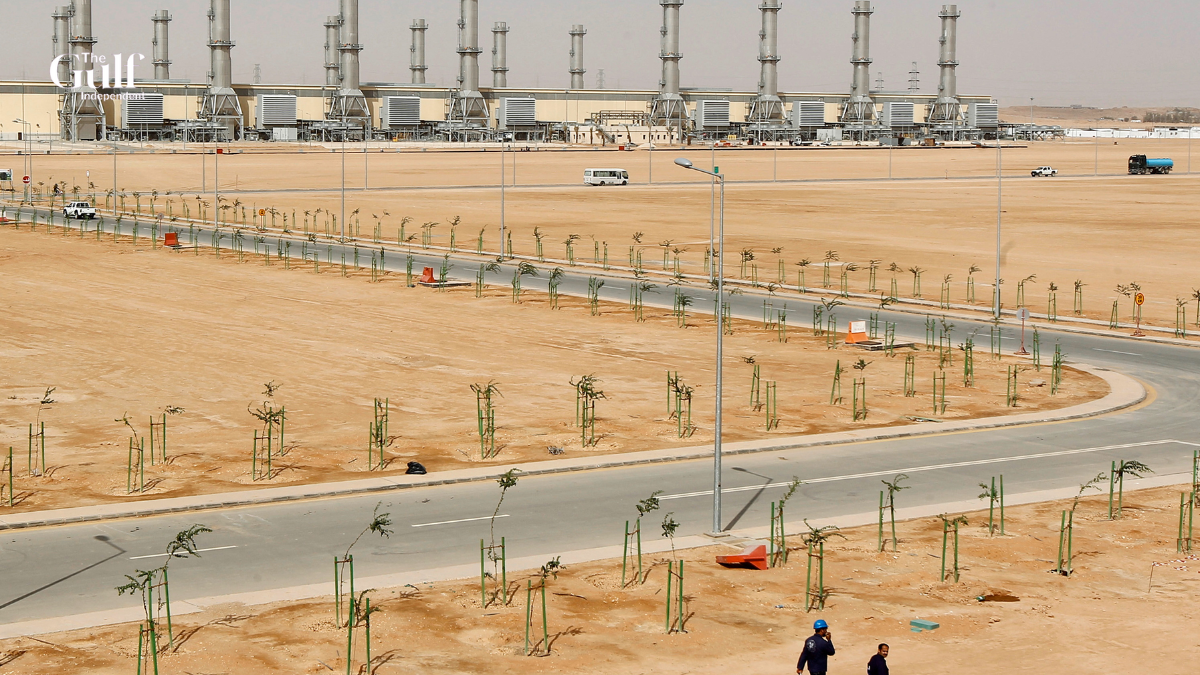The recent decision by Saudi Arabia and Russia to cut crude oil output, as reported by Reuters, has raised questions about its impact on the global oil market. Russell, a prominent market observer, provides an insightful perspective, suggesting that these production cuts may have a more bearish than bullish effect on the market.
The Saudi-Russian agreement to curtail crude oil output was intended to support oil prices and stabilize the market. However, Russell’s analysis suggests that the impact of these output cuts may be overshadowed by other factors that could potentially dampen market sentiment.
One significant factor is the potential increase in production from other major oil-producing countries. While Saudi Arabia and Russia reduce their output, other oil-producing nations, such as the United States, may ramp up their production to take advantage of the higher prices. This could offset the intended impact of the Saudi-Russian cuts and potentially lead to a surplus in the global oil supply.
Another consideration is the evolving energy transition and the increasing global focus on renewable energy sources. The growing awareness of climate change and the shift toward greener alternatives may dampen long-term demand for crude oil. As countries and industries embrace renewable energy solutions, the reliance on traditional fossil fuels could decline, which could limit the effectiveness of production cuts in propping up prices.
Furthermore, geopolitical dynamics, economic uncertainties, and market speculation can also influence oil prices. Factors such as tensions in oil-producing regions, global economic growth prospects, and speculative trading activities can introduce volatility and unpredictability into the market, potentially undermining the desired impact of production cuts.
While the intention behind Saudi-Russian crude output cuts was to support prices, it is crucial to recognize the complex and multifaceted nature of the global oil market. Multiple variables interact to shape supply and demand dynamics, and the effectiveness of production cuts in influencing prices can be influenced by numerous factors beyond the control of any single country or agreement.
ALSO READ: Saudi Arabia to Deepen Ties with Hong Kong, Leveraging the City’s Bridge to Mainland China
As the energy landscape continues to evolve, it is important for oil-producing nations to diversify their economies and invest in alternative industries. This can help mitigate the risks associated with oil price fluctuations and provide long-term stability and resilience.
In conclusion, Russell’s observation that the Saudi-Russian crude output cuts may have a more bearish than bullish effect on the market highlights the complexities of the global oil industry. While production cuts can have a short-term impact on prices, broader factors such as increased production from other countries and the energy transition could counterbalance these effects. As the energy landscape transforms, it is crucial for oil-producing nations to adapt and diversify their economies for a sustainable future beyond traditional fossil fuels.






















